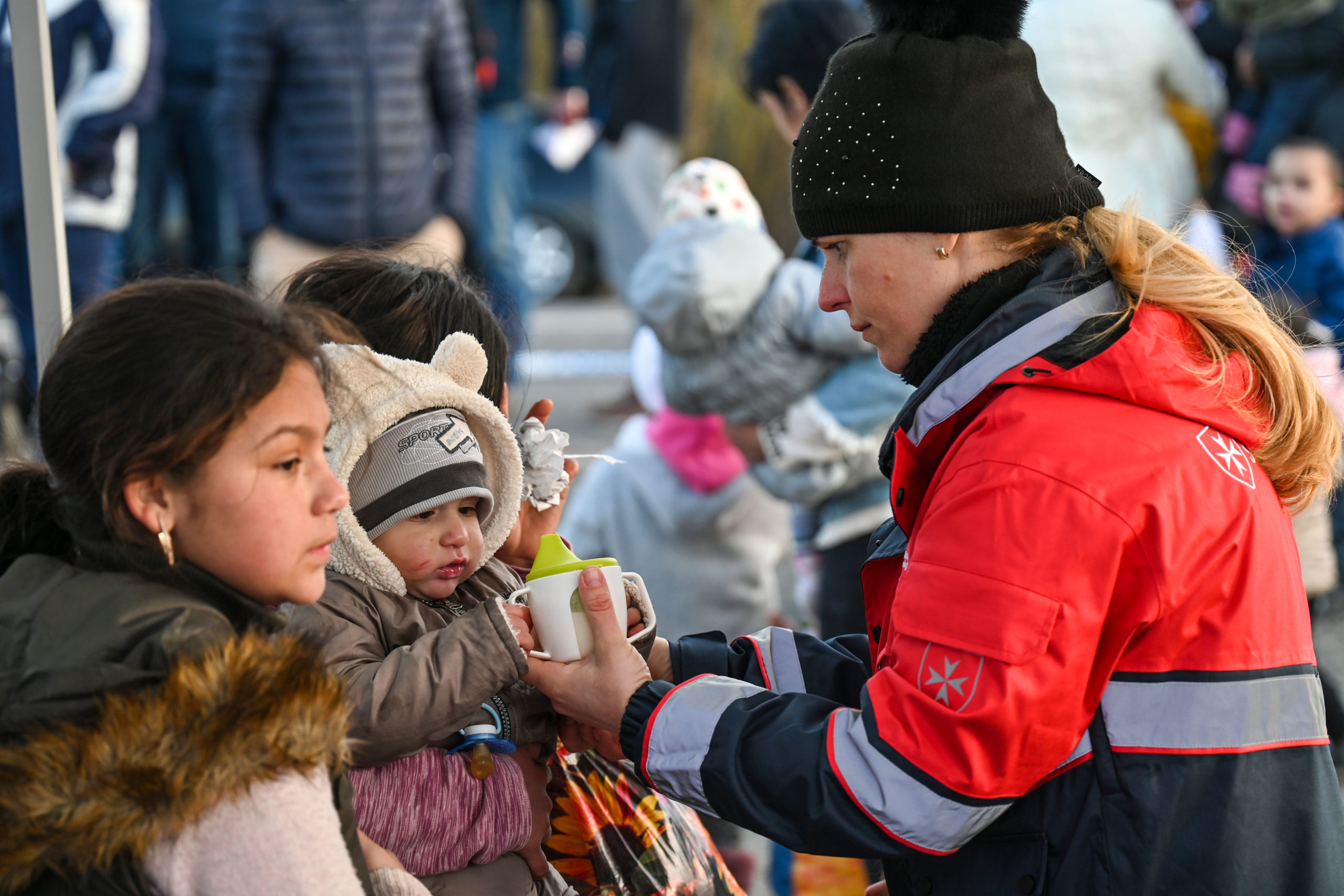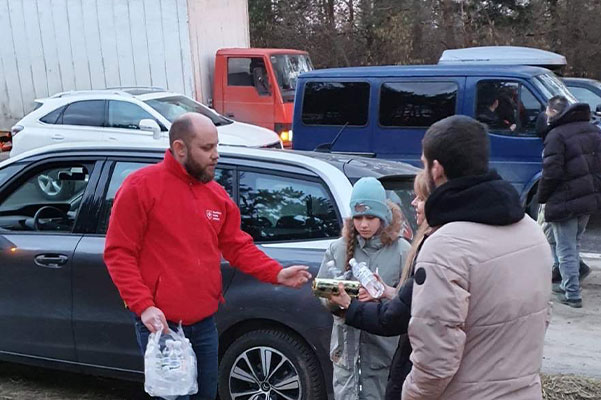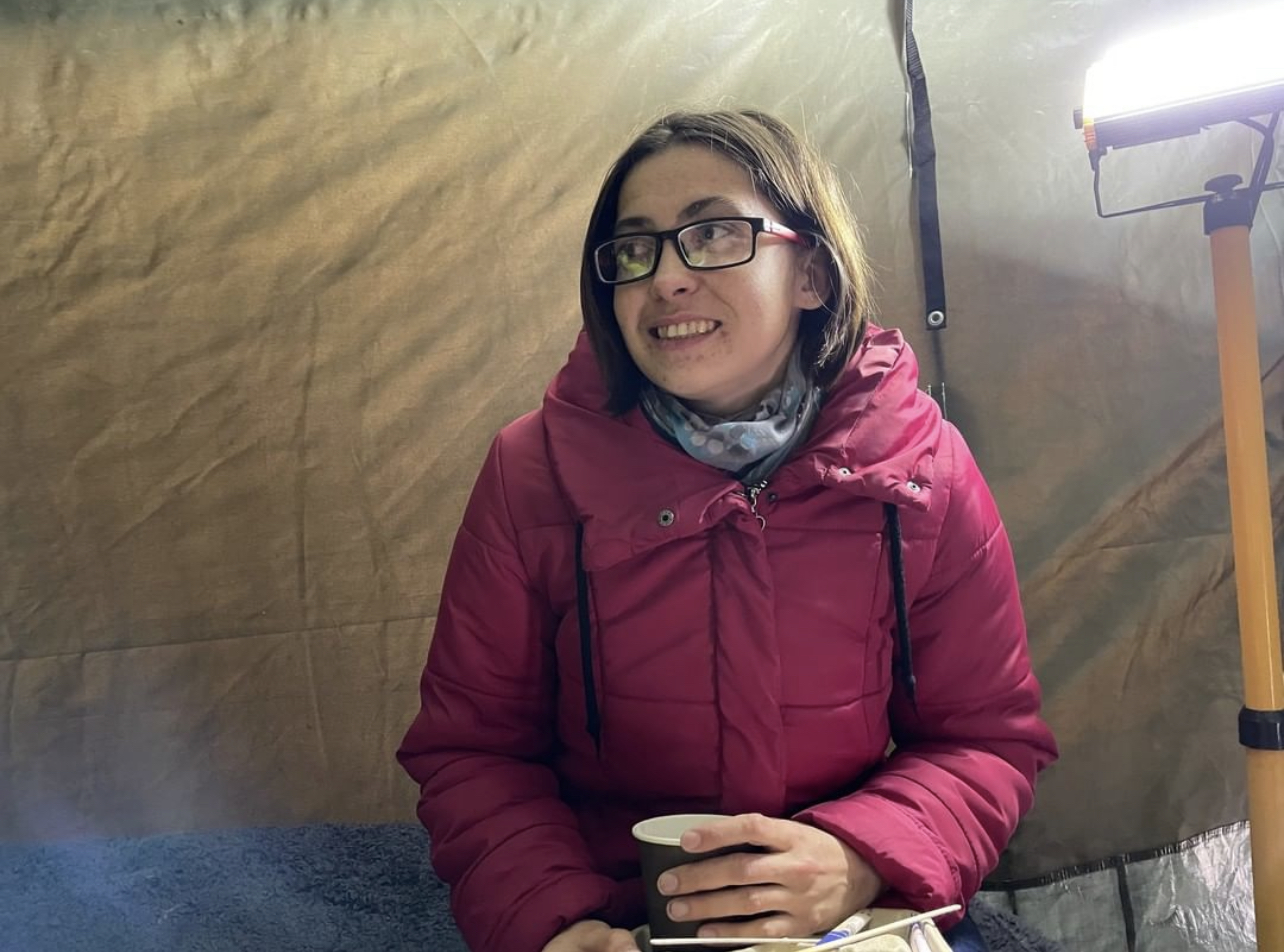International
Trauma: Ukraine – One Month On
It’s been over a month since the war in Ukraine has started, and its toll is unfathomable. Official estimates of deaths, injuries, and the scale of property damage are likely underreported as many areas are still too difficult and too unsafe to reach.
But the psychological impact it has had on the people of Ukraine is palpable. Just within the population of individuals we have been able to support, over 10% of those we are seeing in our emergency shelter centers in Ukraine and at relief stations around the border speak openly about their desire to speak to a mental health professional. Many, due to stigma, do not voice these needs, but are no less visibly traumatized.
Twelve psychologists are currently working for Malteser Ukraine. “One woman told our team that one father had been shot in front of his children and wife. These are the worst images that have been described to us. When we look at them, we see empty gazes. Many have no appetite, do not sleep, are restless. Only a few ask for psychological support because there is still a strong stigma about this topic. That is why it is important to approach mothers directly. The first thing we must do is to stabilize mothers so that their children get a sense of security. When mothers feel better, their children also feel better,” says Stepan Pasichnyk, psychologist for Malteser Ukraine in Lviv.
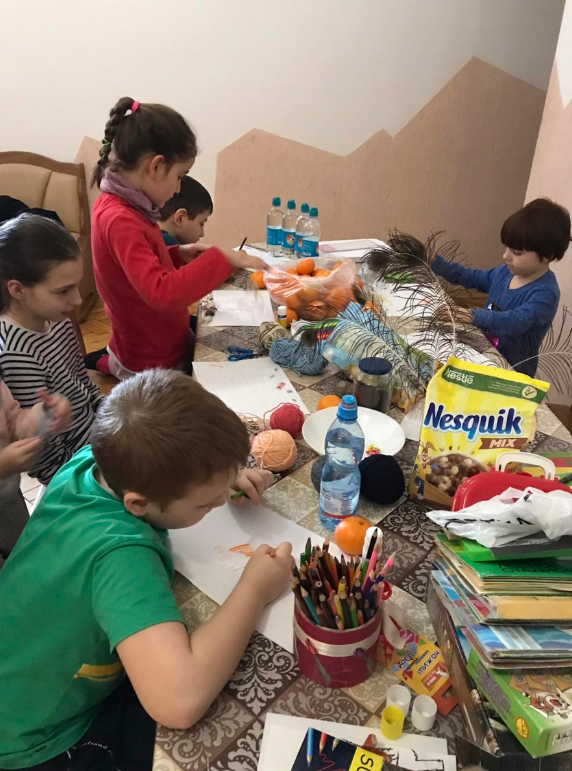
In four facilities throughout Ukraine, our partners offer psychological support services for anyone who might want or need them. In two facilities, they focus on supporting children with autism. Children in particular, suffer when torn from their usual routine. Thus, as much as is possible during times of war, we provide them a safe space where they can process their experiences such as drawing and creative activities. Mobile teams provide additional support for those who arrive (by the thousands every day), at the Lviv train station in Western Ukraine.
Active since the first day of the conflict, Malteser International and the Order of Malta network has been delivering psychological support to many throughout the country long before this recent escalation. Much of the trauma we are seeing is a “re-traumatization” of the earlier conflict in 2014.
Background
What started as protests against corruption in late 2013, and then-President Yanukovych’s refusal to sign an agreement to move Ukraine into broader European integration, quickly turned deadly. Dubbed the “Maidan Revolution”, protesters gathered in Kyiv’s Independence Square, and over 100 were killed in just a few days in February 2014. By March, Moscow controlled the Crimean Peninsula. After cracking down on civil liberties and instilling repressive legislation, President Yanukovych fled the country. Between mid-April 2014 and January 2015, it is estimated that at least 5,244 people were killed and 11,862 were wounded in the conflict, according to the UN.
Since 2015, the Order of Malta and its partners in Ukraine, including Malteser International, have been supporting those who have been internally displaced (IDPs)– in other words, those who are refugees within their own borders – to cope with the fallout of the violence that has continued since then. According to the United Nations, there were over 1.2 million registered IDPs by April 2015. Since then, we have focused our efforts in the eastern, contested region of Donbas.
Refugees: At Home & Abroad
When speaking with our colleagues just a few weeks before the most recent escalation, Malteser Ukraine’s Pavlo Titko says “especially for people we have been supporting for a long time and who are suffering from the consequences of displacement from their homeland, old traumas are breaking out again. Many people ask themselves: at what level of conflict should one flee, what are the right criteria for this decision? In addition, a major topic in the therapy and group sessions is always: What do we do with the children? How do we tell them that we might have to leave our home? How do we talk to them about war?”.
While we have been active for over six decades in the field and have responded to similar crises in the past, the conflict in Ukraine and the scale of its potential geopolitical implications within Europe, has sparked renewed unity in Europe, at least on the humanitarian and refugee front. Much has been said about this show of support, which some have argued differs with past waves of refugee influxes.
Since the beginning of the conflict, 4.1 million have fled to safety predominantly to Poland, but also in other European countries like Romania, Hungary, and Slovakia. This is the fastest growing humanitarian crisis since World War II. Compared to other conflicts that have resulted in similar flights en masse, the speed at which the people of Ukraine fled their own country is unprecedented in recent history.
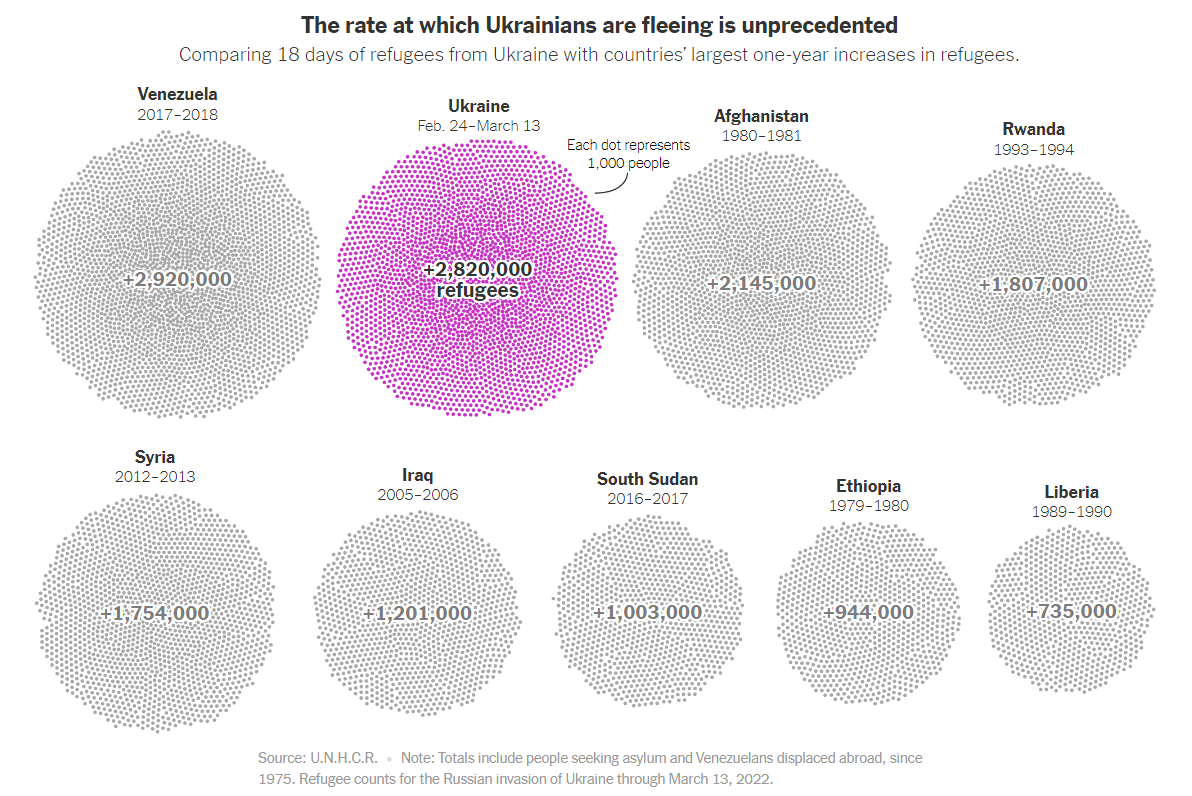
And yet, the nature of the conflict is nothing new, of course. What is happening in Ukraine has happened in many other countries. And has produced similar numbers of refugees. In Colombia, MI Americas continues to support the over 2 million Venezuelan refugees fleeing repression, lack of basic medical services and food, and overall, lack of opportunity. In all, there are over 6 million individuals who have fled from Venezuela since 2014, says UNHCR, the United Nations refugee agency.
The Order of Malta in Full Force
While many other organizations have had difficulties getting into the country since the beginning of the conflict, we have been there, side-by-side our Ukrainian brethren. In our capacity as a faith-based organization, we have long been engrained in Ukraine’s social fabric from Lviv in the west, to Luhansk and Donetsk in Donbas in the east, as well as in Mariupol and Kharkiv both of which have suffered heavy shelling in recent weeks.
With war on its doorstep, Europe, and the Order of Malta network within it, have mobilized at awe-inspiring speed. In border countries too, over 14,500 emergency response professionals and volunteer experts (doctors, nurses, among many others), have been on the ground providing services to the most vulnerable crossing the border, mainly women and children.
But the situation in Ukraine remains dire. Until humanitarian corridors are established and respected, we cannot but expect further pain, distress, and trauma for innocent civilians, families, and children.
